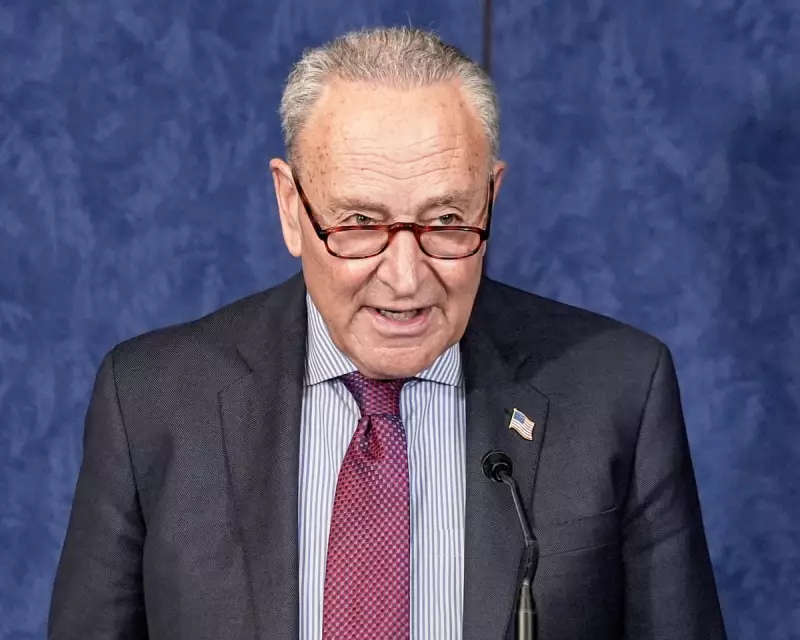
The US Senate has officially begun its summer recess, pausing legislative activity until September. This break comes amid ongoing debates over critical bills, raising concerns about delays in key policy decisions.
Why the Recess Matters
Lawmakers have left Washington without resolving several high-profile issues, including government funding and healthcare reforms. The adjournment follows weeks of partisan disputes that stalled progress on major legislation.
Unfinished Business
Among the pending matters:
- The federal budget for the upcoming fiscal year
- Proposed changes to immigration policy
- Renewal of expiring tax provisions
Political Implications
Analysts suggest this recess could impact election campaigns, as senators return to their home states during a crucial period. The break also gives lobbyists and advocacy groups opportunities to influence pending legislation before the Senate reconvenes.
What Happens Next?
When senators return in September, they'll face a compressed timeline to address:
- Essential spending bills to avoid a government shutdown
- Confirmations for judicial vacancies
- Potential votes on bipartisan compromise proposals
The coming weeks will test whether this pause leads to productive negotiations or further political stalemate.





